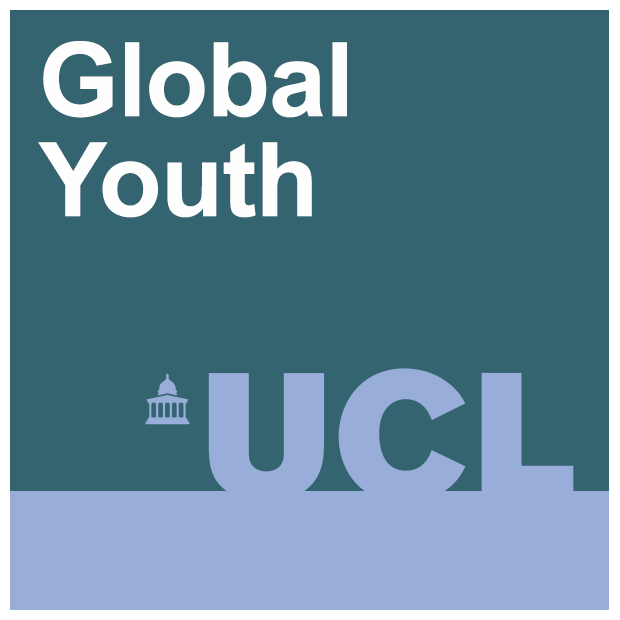New ESRC funded project: The impact of coastal towns on young people’s life chances across the lifecourse
By UCL Global Youth, on 29 September 2022
We are pleased to announce that we have received funding from the ESRC to expand our research on young people living in coastal towns. Starting in January 2023, our Director (Avril Keating) will work together with Professor Claire Cameron, Dr Stephen Jivraj and Dr Emily Murray to conduct a 3 year, mixed method study of young lives in coastal towns.
What is the new study about? This larger project examines the ways in which growing up in a coastal town can impact on young people’s life chances; that is, their likelihood of having good outcomes in adulthood in terms of education, work, housing, and health and wellbeing. We focus on coastal towns as some of the most deprived neighbourhoods in the UK are now in coastal areas. Coastal towns have attracted a lot of attention in recent UK policy debates, and these discussions often raise concerns about the future of young people in these towns, largely because of the limited educational and employment opportunities. Despite this, there is very little research on the impact of growing up in a coastal town on young people’s experiences, attitudes, or life chances. This project will address this gap by looking at the spatial inequalities in life chances experienced by contemporary coastal youth, as well as change over the life course (as these young people get older) and change over time (ie: intergenerational differences in experiences and outcomes).
Our research questions: More specifically, this project will address four key questions:
- (a) Does growing up in coastal towns, compared to similarly deprived areas in England and Wales, impact on the life chances of young people? (b) Do these inequalities in life chances persist over the life course or narrow in later age?
- What are the environmental mechanisms linking growing up in a coastal town to adverse life chances in adulthood?
- What personal attributes or experiences can help mitigate the initial drawback of growing up in a coastal town (e.g. parental support, residential mobility, or aspiration)?
- What interventions could improve the life chances of young people in coastal communities, based (a) on the results of quasi-experimental quantitative methods and (b) on coastal residents’ own views?
Our research methods: We will address these questions using a combination of quantitative and qualitative data. The quantitative analysis draws on longitudinal survey data from three different generations that allow us to compare the outcomes of adolescents from the 1970s, the 1980s and the 2000s. These cohort studies enable us to consider: change over the life course (as respondents grow up and move into later adulthood); change over time (inter-generational differences); and changes in geography (intra-generational differences between coastal and non-coastal youth). We can also use these data to test potential policy solutions by applying quasi-experimental quantitative methods.
The project also includes a qualitative strand that will produce original data with current residents of coastal towns. In 6 coastal towns in England and Wales we will talk to younger and older residents about their experiences of growing up in coastal towns and their views about the opportunities and aspirations for young people in the town. Residents will also be asked for their views of what their town needs to do to improve the life chances of young people. Change over time will be further examined by comparing youth aspirations from today with those compiled in the NCDS 1969 archive of student essays.
Part of this strand will be completed using co-production methods that involve recruiting, training, and supporting young people to become Young Researchers in their community. We will also use arts-and place-based methods such as postcard-making, walking interviews, life maps and ethnocartographic methods. For these activities, we will partner with Young Advisors and LivingMaps Network.
Planned impact and outputs: The findings from these analyses will bring new insights to academic debates as well as new policy proposals for public discussions about place-based disparities in health, wellbeing, employment, and education. Our findings will thus contribute to recent discussions about Levelling Up and addressing regional inequalities (HM Govt, 2022) as well as longer-standing discussions about equal opportunities to life chances (Field, 2010) and health inequalities (CMO, 2021). While various reports have identified the areas of concern, few advanced analyses or youth-focused solutions have been offered, and we expect that this project can contribute to filling these gaps. Local policymakers and practitioners will also benefit from a deeper understanding of how their younger and older residents view their town currently, and how they wish their town to develop in the future.
Find out more about our pilot projects: This new project builds on two pilot projects that we conducted in 2021 (funded by IOE SIB Seed Funding) and 2022 (funded by UCL Grand Challenges). To find out more about these pilots, check out our previous blog posts:
- Intergenerational perspectives on growing up in coastal towns: a new project on coastal youth experiences
- Growing up in coastal towns: exploring the impact of place on young people’s life chances
- Researching with young people in coastal towns: What have we learned about co-production with young people?
 Close
Close




